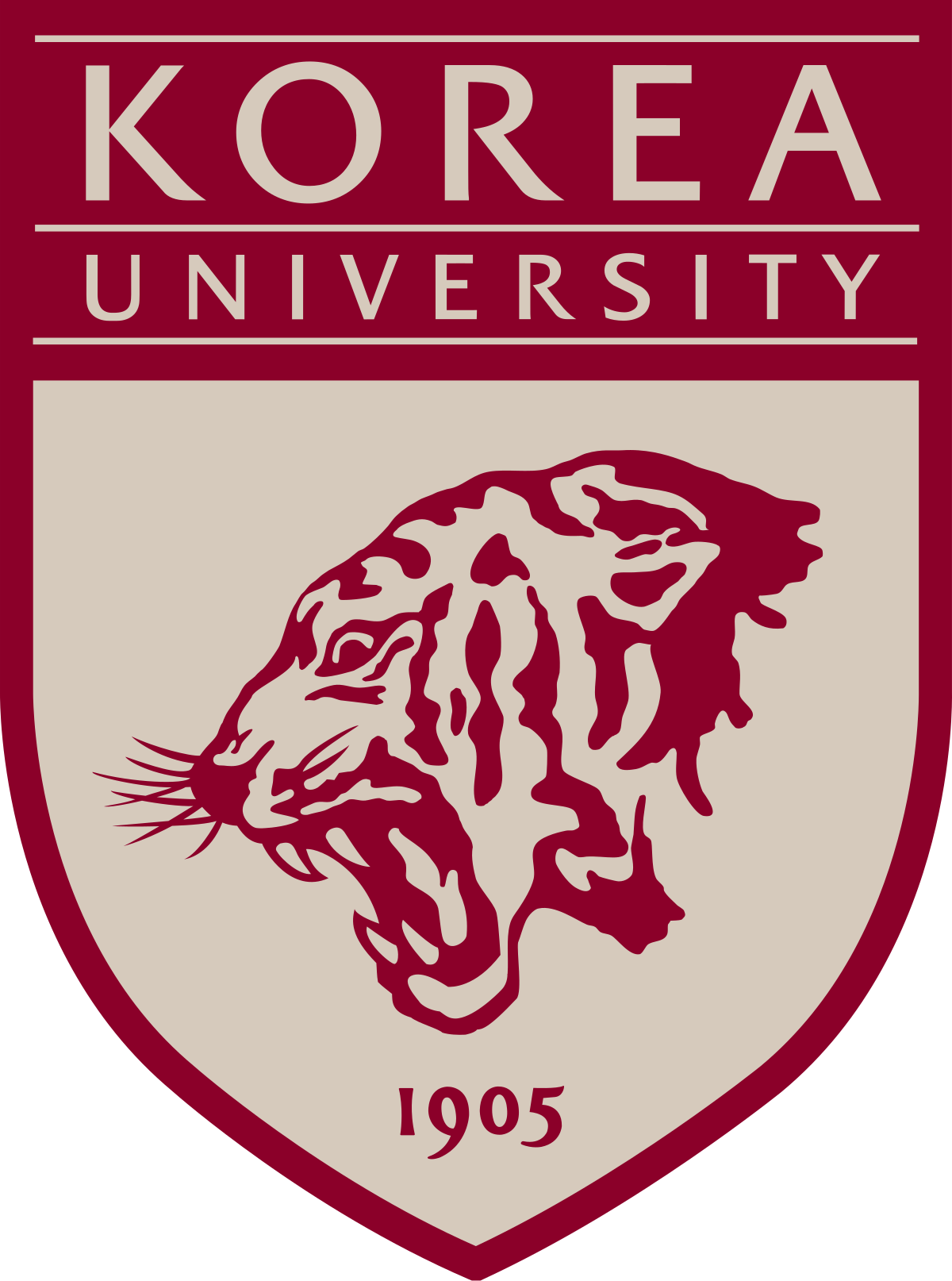Columbia University
Explore the rich historical timeline of Columbia University, one of the oldest and most prestigious institutions in the United States. From its founding in 1754 as King's College to becoming a leading center of research and education, discover key events and milestones that have shaped Columbia University over the centuries.
Founding of Columbia University
Columbia University was originally founded as King's College by royal charter of King George II of Great Britain in 1754. It is the oldest institution of higher learning in the state of New York and the fifth oldest in the United States. The college was founded with the mission to instruct and make education accessible to students from all walks of life. The first class was conducted within Trinity Church in Manhattan.
Columbia Reopens after American Revolution
Columbia University, then Columbia College, suspended classes in 1776 during the American Revolutionary War. The college was occupied by both American and British troops, and the campus suffered extensive damage. It wasn't until 1784 that the New York Legislature revived the institution, and classes resumed in 1789 after significant repairs and efforts to reorganize under the new American nation.
Columbia Becomes a University
In 1896, Columbia College officially changed its name to Columbia University to reflect the institution's rapid growth in both size and academic influence. This transition marked Columbia's emergence as a notable institution of higher learning on a global scale, offering a wider range of programs beyond undergraduate studies including graduate and professional education in diverse fields.
Columbia University Press Founded
Columbia University Press was established in 1948 and quickly became a significant part of the academic landscape in the United States. It is notable for publishing a wide range of scholarly works in the humanities, sciences, and social sciences. The press seeks to extend the reach of academic literature to scholars, students, and the general public around the world.
1968 Columbia University Protests
The Columbia University protests of 1968 were a series of student demonstrations and building occupations which erupted in response to various grievances, including university expansion into community space and relations with the military. The protests, which saw significant student and faculty participation, were part of a larger wave of unrest across the United States during the 1960s.
Discovery of Homo floresiensis
An international team led by researchers from Columbia University discovered remains of a new human species, Homo floresiensis, on the Indonesian island of Flores. The discovery, which included skeletal remains of an individual who stood approximately 3.5 feet tall, sparked intense global interest and significantly altered the understanding of human evolution, highlighting the diversity and adaptability of human species.
Columbia Joins edX
In 2011, Columbia University joined edX, a massive open online course provider founded by Harvard and MIT. This initiative aimed to broaden Columbia's digital education offerings, making high-quality courses accessible to a global audience. edX allowed Columbia to leverage its vast academic resources and faculty expertise to contribute to the growing space of online learning environments.
Columbia Divests from Private Prisons
In 2015, Columbia University became the first Ivy League institution to divest from private prison companies. This decision followed advocacy by students and faculty highlighting issues around racial bias, mass incarceration, and the ethical implications of profiting from the prison industry. The move was praised as a significant step towards aligning university investments with its socially-conscious mission.
Nobel Prize in Chemistry for Joachim Frank
Columbia University professor Joachim Frank was awarded the Nobel Prize in Chemistry in 2017 for the development of cryo-electron microscopy, a revolutionary technique that enables the visualization of biomolecules in solution at atomic resolution. This achievement marked a significant advancement in structural biology, offering potential for groundbreaking research in biochemistry and molecular biology.
Columbia Moves to Online Classes due to COVID-19
In March 2020, Columbia University transitioned to remote learning in response to the COVID-19 pandemic. This marked a significant shift in how academic instruction was delivered, affecting thousands of students and faculty. The university had to rapidly adapt its infrastructure to support online education and ensure continuity in the academic progression, while prioritizing the health and safety of its community.
Frequently asked questions about Columbia University
Discover commonly asked questions regarding Columbia University. If there are any questions we may have overlooked, please let us know.
When was Columbia University founded?
What significant recognition has Columbia University received?
When did women first gain admission to Columbia University?
When did Columbia University relocate to its current location?
Related timelines
More timelines connected to Columbia University



